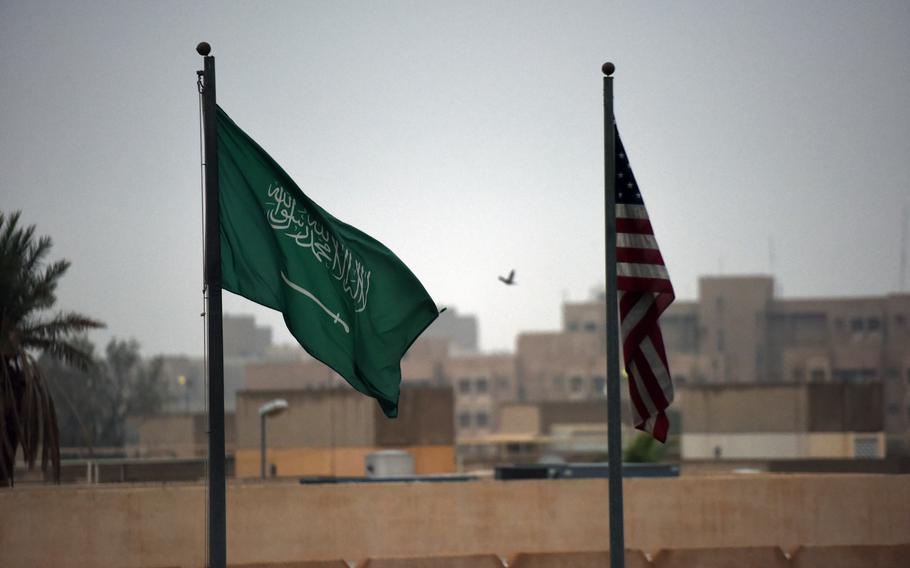The two largest Gulf economies, Saudi Arabia and the United Arab Emirates, will set aside about $13 billion to support low-income citizens and stockpile key commodities amid a surge in the costs of living.
The UAE will double the financial support to its poorest citizens to 28 billion dirhams ($7.63 billion), state-run WAM news agency reported. Living costs have climbed in the Gulf nation, OPEC’s third-largest producer, with fuel prices up about 80% since the start of the year.
Emirati families with a total household income of up to 25,000 dirhams will be able to access the benefits, The National newspaper reported. Citizens make up about 10% of the country’s population of about 10 million.
Inflation in the UAE — which doesn’t subsidize fuel prices — is expected to be at 3.7% this year before sliding to 2.8% in 2023, among the lowest levels globally, according to the International Monetary Fund.
Neighboring Saudi Arabia, meanwhile, will provide 20 billion riyals ($5.3 billion) to support citizens, the Saudi Press Agency reported. About 10.4 billion riyals will be distributed as direct cash transfers to support social security beneficiaries, while the rest will go toward stockpiling strategic stocks.
Saudi King Salman Bin Abdulaziz ordered the allocation “to protect the beneficiary families from the repercussions of the effects of global price hikes,” SPA reported.
The decision shows the world’s biggest oil exporter, on track for its first budget surplus in nearly a decade, may be willing to loosen the fiscal purse strings, though it wasn’t clear if the money represented additional spending. Until now, the kingdom has been taking a more conservative approach to expenditure, pledging to wait until the end of the year and only then distribute the oil windfall earned thanks to a boom in crude prices.
While inflation has reached levels unseen in decades in parts of the world, price gains in Saudi Arabia have been less intense, partly due to the effect of tripling value-added tax in 2020 and a cap on domestic fuel prices introduced last year.
Last month, Malaysia announced plans to provide direct aid to low-income households, following in the footsteps of neighboring Singapore in trying to reduce the hit from surging inflation on the most vulnerable groups.

The two largest Gulf economies, Saudi Arabia and the United Arab Emirates, will set aside about $13 billion to support low-income citizens and stockpile key commodities amid a surge in the costs of living. (Jim Greenhill/U.S. Army)